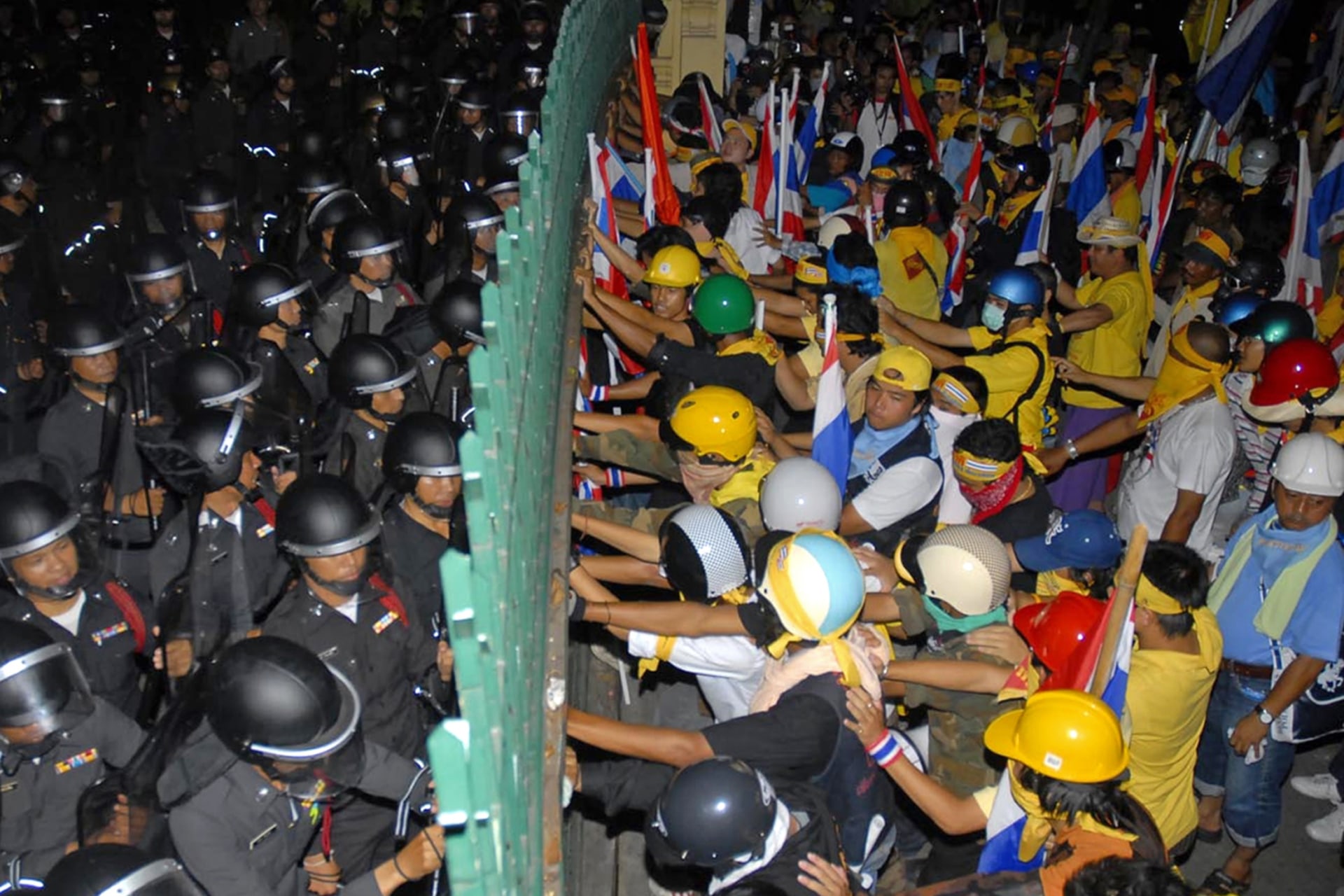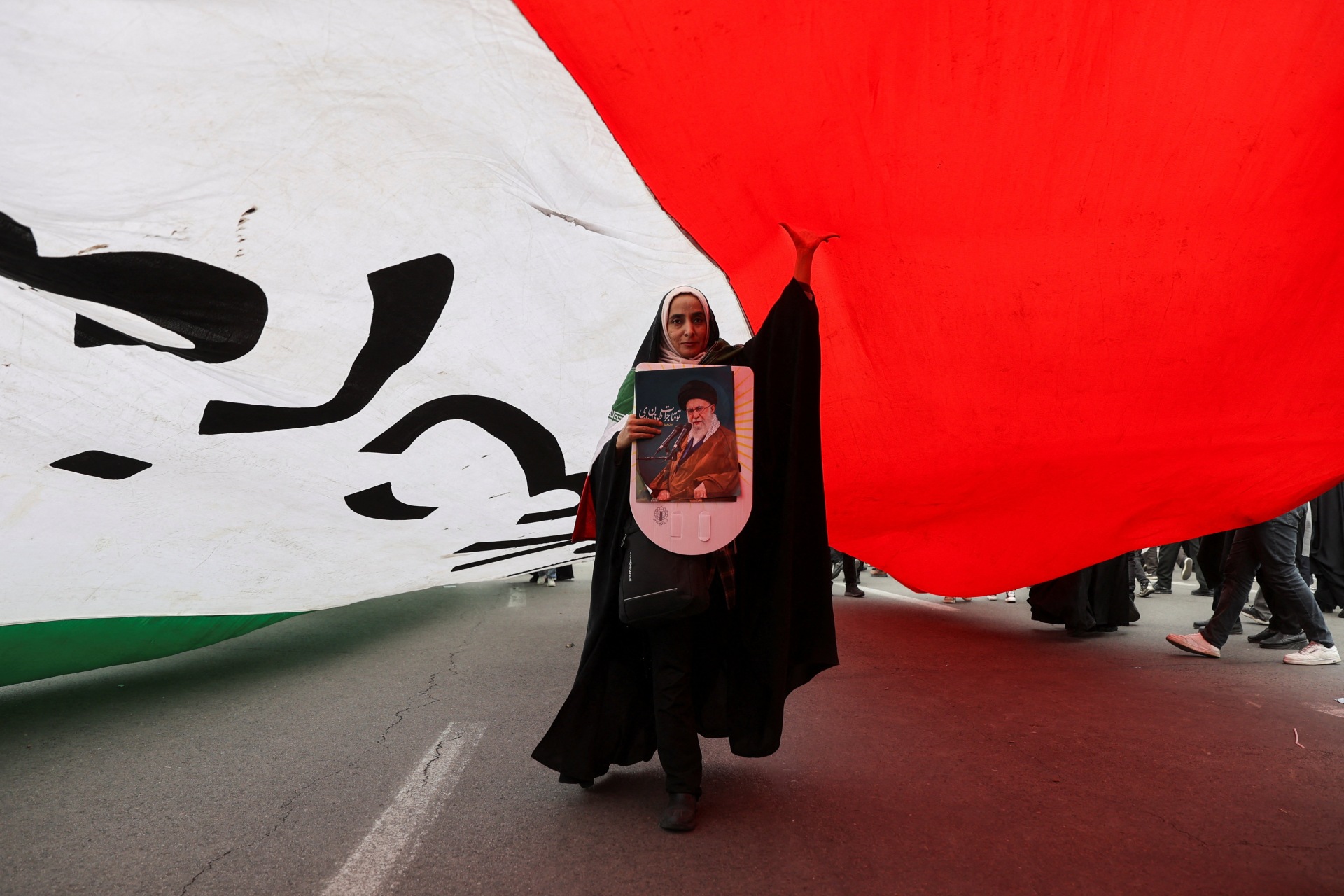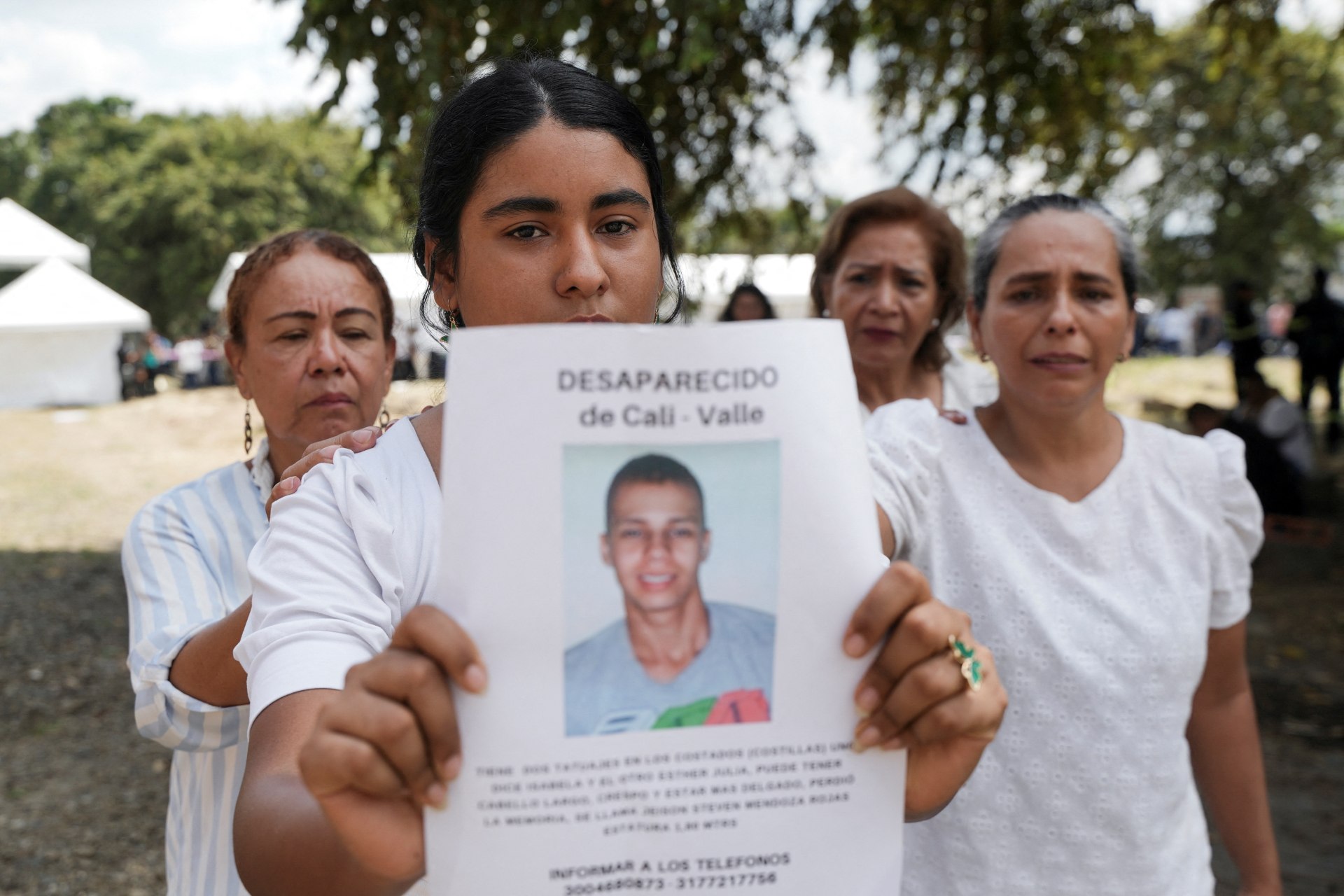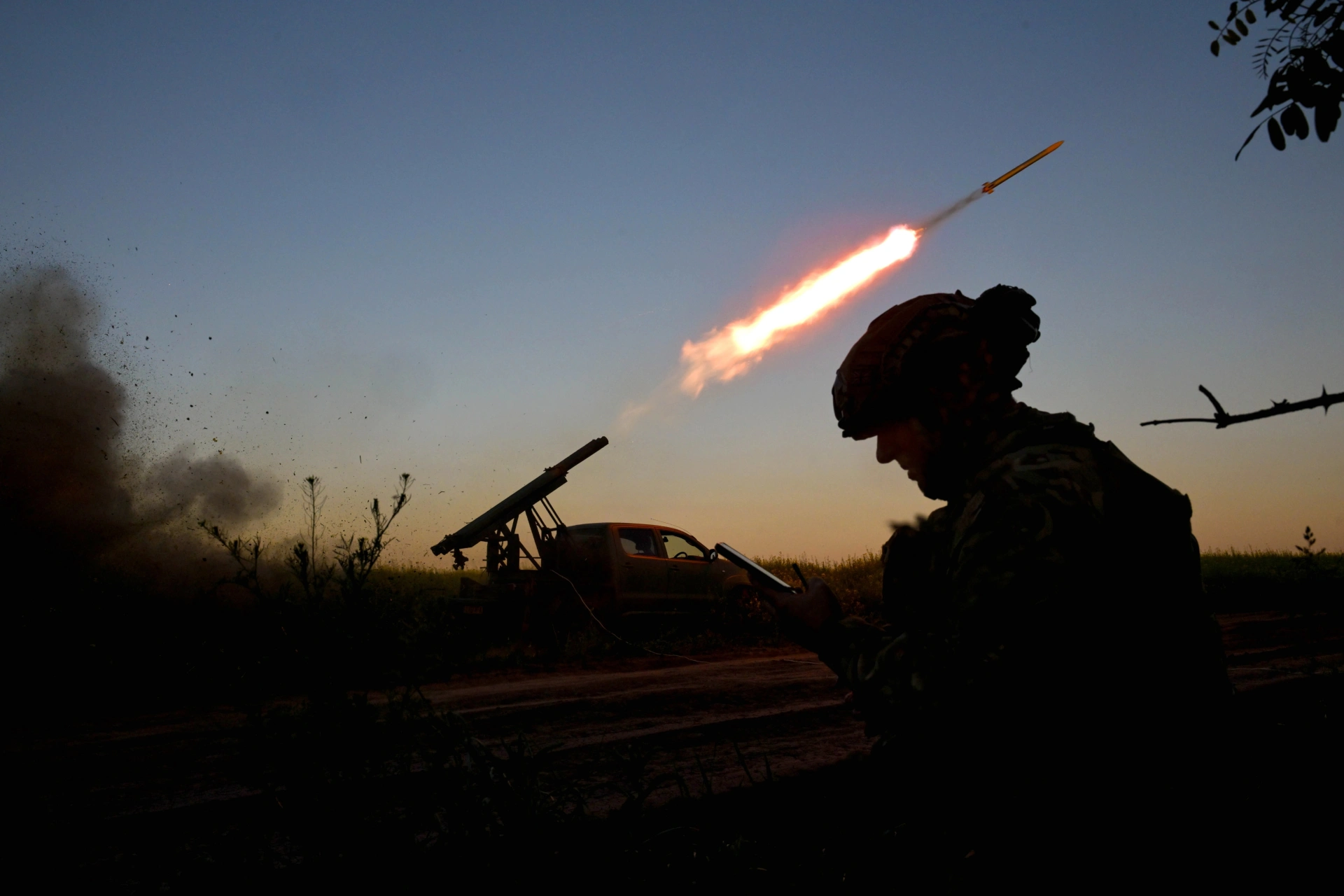Southeast Asia’s Regression From Democracy and Its Implications

BY
- Joshua KurlantzickSenior Fellow for Southeast Asia and South Asia
Overview
Since the late 2000s, Southeast Asia’s democratization has stalled and, in some of the region’s most economically and strategically important nations, gone into reverse. The region’s rollback from democracy reflects a worrying global retrenchment toward anti-democratic political change, with significant implications for freedom, health, and prosperity locally and consequences for U.S. interests around the world.
Senior Fellow for Southeast Asia Joshua Kurlantzick details the region’s startling democratic regression, assesses the reasons behind this recent stagnation, examines the role of the United States, and offers recommendations for policy options to help support the foundations of democracy in Southeast Asia. This new paper builds on the topic of his most recent book, Democracy in Retreat (Yale University Press, 2013), which identifies forces that threaten democracy and shows that conventional wisdom has blinded world leaders to an ongoing crisis.
This publication has been made possible by the generous support of the Open Society Foundations and the Starr Foundation.t





